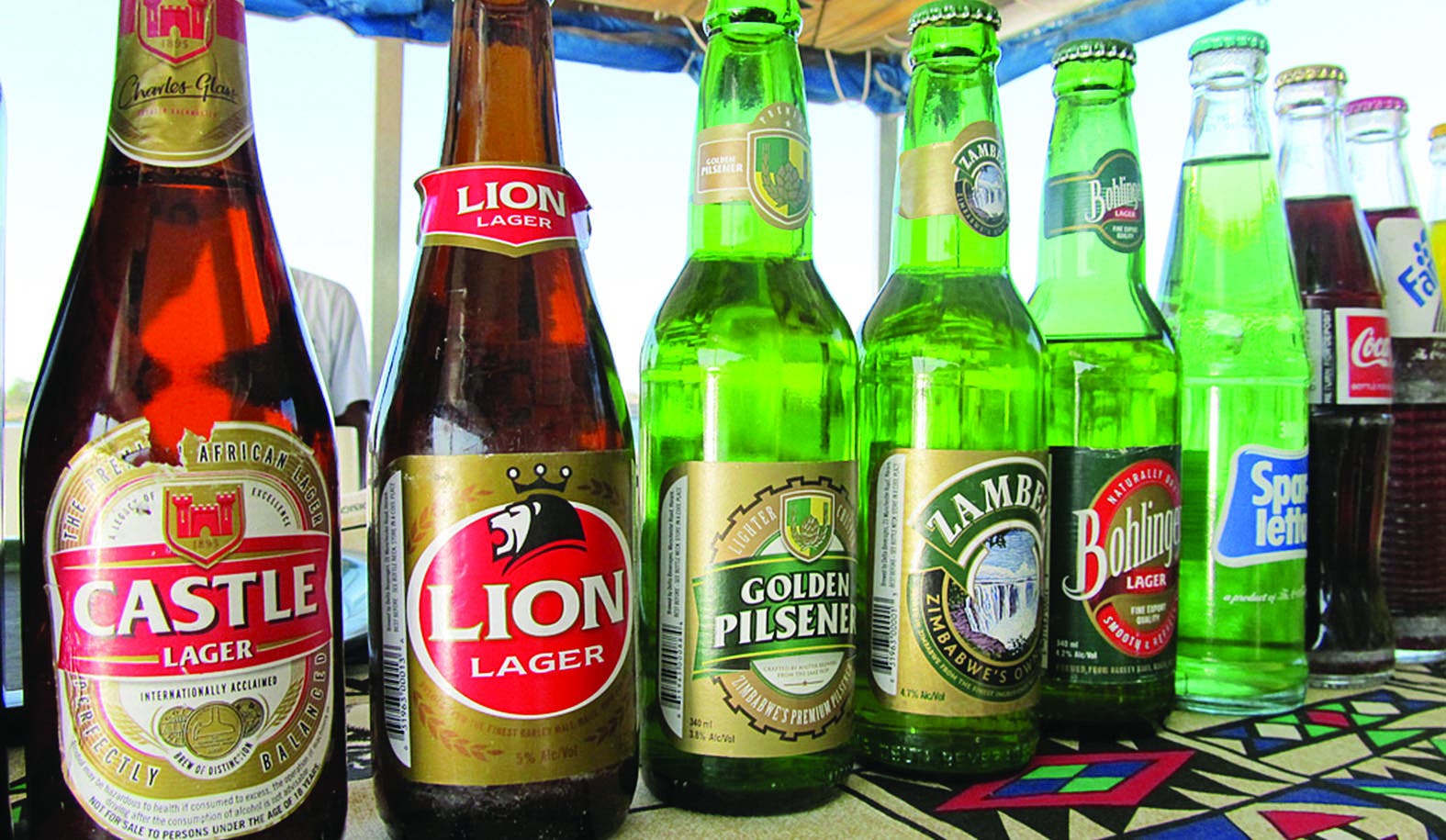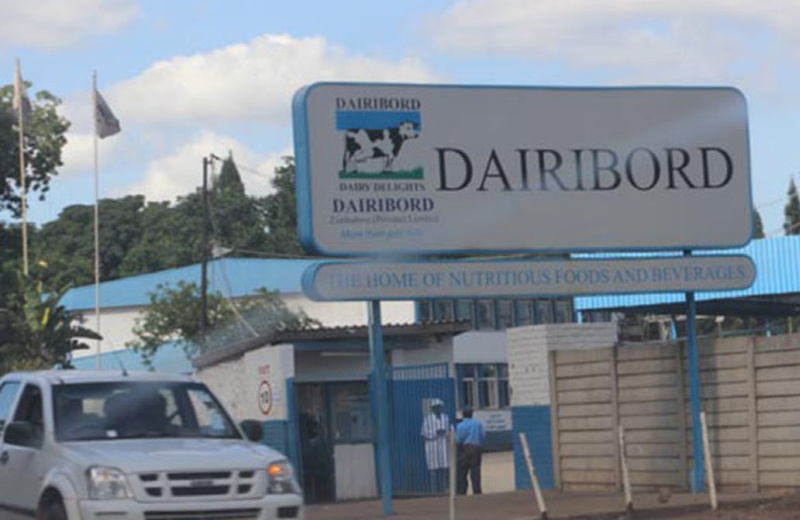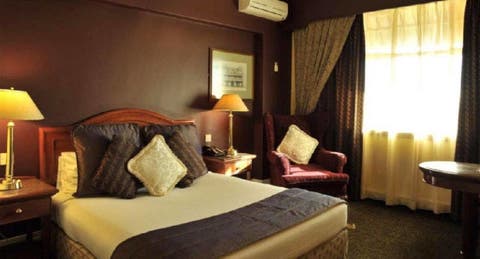‘Zimbabwe needs 20k hotel rooms by 2030’
THE steady recovery of the tourism sector post Covid-19 pandemic needs to be buttressed by enhanced quality service and more investments in widening room capacity to complement the country’s vast natural resources that continue to attract huge volumes of tourists.
Tourism industry players said this yesterday, noting that top destinations like Victoria Falls, one of the majestic seven world wonders, also has shortages of rooms, which presents an opportunity for investment in building of more hotels and lodges.
Overall, estimates indicate the country needs about 20 000 rooms by 2030.
This emerged during a Zimbabwe Newspapers 1980 Limited (Zimpapers)-hosted Tourism and Hospitality Industry Meet Tertiary Conference, which was held in Bulawayo yesterday.
The highly subscribed event was held under the theme: “Rethinking the future, tackling the skills gap.”
Its motive was among other factors to establish and then address the nature and extent of the skills gap in the industry, interrogating Zimbabwe’s well-ranked education system against the capability gap index and, the industry’s perceived skills shortages.
The conference bought together various key sector players ranging from the Zimbabwe Tourism Authority, Hospitality Association of Zimbabwe, Tourism Business Council of Zimbabwe, Catering Employment Association of Zimbabwe, representatives from the Ministry of Higher and Tertiary Education, Science and Technology Development, heads of tertiary institutions and Zimpapers executives.
In his remarks, Hospitality Association of Zimbabwe president, Mr Farai Chimba, said there is a huge deficit of rooms in the country, which presents opportunity for investment.
“For example in Bulawayo, the capacity is at 681 and the projected capacity is about 1 200 by 2025. The total room capacity nationwide is about 6 226. So, to grow tourism we are looking at having 20 000 rooms by 2030 and how do we get to that figure?
“The Ministry of Climate Environment Tourism and Hospitality indicates that there was growth in investments from US$142 million in 2021 to US$301 million in 2022. While the bulk of room stock has been in the lodges and guest house categories larger properties are needed. Capacity remains limited as the country drives more MICE business and Sports Tourism, which require a huge inventory of rooms at any given time. Current room stock remains low and presents opportunities for Investment,” said Mr Chimba.
Recently, Environment, Climate, Tourism and Hospitality Industry Minister Nqobizitha Mangaliso Ndlovu said Government was engaging the private sector as it intensifies efforts to attract investment into tourism accommodation with a view to building more hotels and lodges to cater for anticipated growth.
He said the Second Republic will continue to facilitate foreign and local direct investment riding on the ‘Zimbabwe is open for Business’ mantra.
Minister Mangaliso Nqobizitha Ndlovu
Mr Chimba said Government support in the sector has come in the form of infrastructure development, support on tax incentives, duty rebates, and visibility in source and new markets through the Zimbabwe Tourism Authority-supported trade shows and engagements.
He noted that hospitality is the largest sub-sector of the tourism and hospitality industry, employing around three-quarters of its total workforce, and therefore contributes to a significant export industry that makes Zimbabwe an important destination for leisure and business.
“The industry aims to continue its role as an engine of growth for the Zimbabwe economy. It has the potential and ambition to create tens of thousands of new jobs,” said Mr Chimba.
“Hospitality is one of the few industries that delivers jobs in every provincial constituency in Zimbabwe, as such, the industry is perfectly placed to help the Government deliver and drive country-wide economic growth.
“Road to recovery is looking positive as air travel options improve, return to in-person meetings gains traction, Covid regulations fall away and the market is responding positively. Post Covid-19 demographics and travel trends have evolved from pre-pandemic with new opportunities arising.”
Zimbabwe Tourism Authority chief executive officer, Ms Winnie Muchanyuka said tourism destinations were competitive hence travellers around the world have millions of options of places to visit.
However, to ensure that destination Zimbabwe stands out and competes with other destinations globally, there is a need for a complementary role by other service provisions.
“Reports that have been produced in Africa about tourism rank Zimbabwe in the top five in terms of people visiting Africa.
“It takes a lot of effort, collaboration and discussions among industry players to be able to remain with impact and try to climb up the leader and probably be the number one destination in Africa,” she said.
Ms Muchanyuka is of the view that it is not enough for a destination to bank on its natural resources alone saying a memorable experience for tourists often comes with good service delivery
“If we compare the services that we used to have in our facilities pre and post-Covid-19, there is already a gap in service delivery across the industry.
“What we rely on for tourists to come to Zimbabwe are the natural resources we have such as the Falls in Victoria Falls.
“Recently in Germany, we were awarded a Destination of Natural Beauty award, but natural beauty is not going to help us to move forward if we do not have the right skills to deliver.”
Tourism players say Zimbabwe is fast becoming a destination of choice for business conferences hence the need to also begin to improve on product offering so that when visitors come they get a full experience of what we have to offer.
In the last three years, the tourism sector has received massive investment but there is a need to sync this with investment to be able to meet the tourism needs of the future.-chronicles












